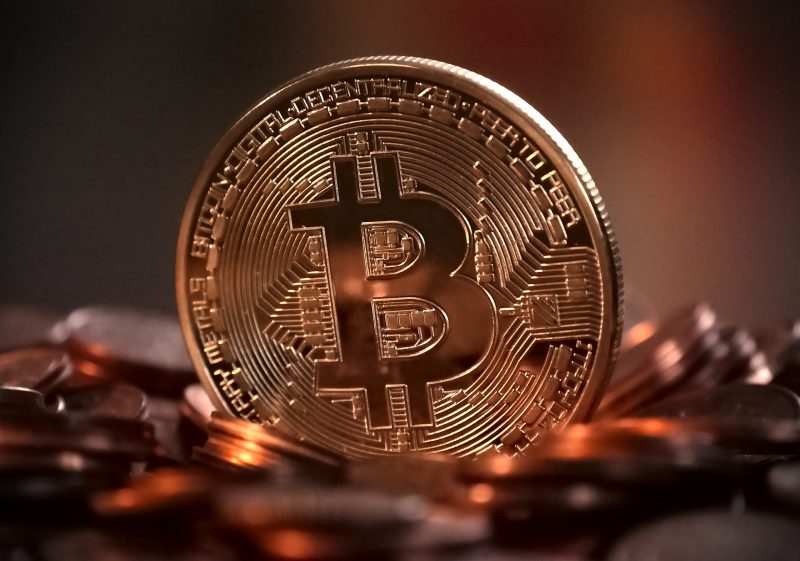Popular Posts
Robert Shiller, the Yale professor best known for predicting the dot-com crash and the later housing debacle, just called bitcoin a bubble.
Not sure what bitcoin is? You’re not alone. It’s one of several esoteric “cryptocurrencies” vying to replace paper currencies such as the U.S. dollar.
The basic idea is that governments can’t be trusted to control inflation. They’ll always have an incentive to spend and then print more money to cover the debts and growing interest.
The answer, according to some, is to create an extra-official form of electronic currency that cannot be printed by the government. Enter bitcoin.

Some big banks are taking these new, quasi-currency ideas seriously. You can even use them at ATM machines in some places.
Naturally, too, the “price” of a bitcoin compared to a dollar has been rising as interest in the system has risen. Bitcoins used to be worthless. They currently trade at $4,643 each.
Sound familiar? Gold had a similar trajectory a few years back. Pundits predicted prices up to $10,000 an ounce. It touched $1,900 in late summer 2011 and fell back.
Housing was another one. Home prices, after decades of steady growth, doubled and doubled again in just a few years in the 1990s and early 2000s. Then we got 2008.
Bubbles are not common. But they are fairly ordinary. When investors get fed up with low returns they sometimes seek solace in exotic, untested alternatives.
The movement of a lot of money into a new asset class naturally drives up their values. Then the early investors get cold feet and leave. The bubble pops.
It’s as predictable as the sunrise, yet most people fail to recognize a bubble for what it is — enthusiasm in place of actual, measurable value.
There can be bubbles in stocks and bonds, of course, and there have been.
But consider what a stock or bond investment is. When you own a company via the stock market, you own a piece of the economy, the future growth of demand for goods and services that really only corporations can provide.
That’s a big pool, one that’s unlikely to be oversubscribed at any given moment. Yet there are ups and downs, as the economy itself speeds up or slows down.
It’s in those moments that people tend to look outside the economy, that is, outside the stock market, for relief. Too often, they find it in an untested and much smaller pool.
Investors pour in, prices rise, then the bubble forms. In time, inevitably, it pops and many investors who cannot withstand a loss nevertheless must take it. Nobody refunds your money when you make a bad call.
The retreat, typically, is back into stocks, warts and all, as investors recognize the fundamental power of long-term stock market appreciation. Compounding in a solid, diversified stock portfolio is the key to long-term capital growth.
MarketRiders, Inc. is a registered investment adviser. Information presented is for educational purposes only and does not intend to make an offer or solicitation for the sale or purchase of any specific securities, investments, or investment strategies. Investments involve risk and, unless otherwise stated, are not guaranteed. Be sure to first consult with a qualified financial adviser and/or tax professional before implementing any strategy discussed herein. Past performance is not indicative of future performance.